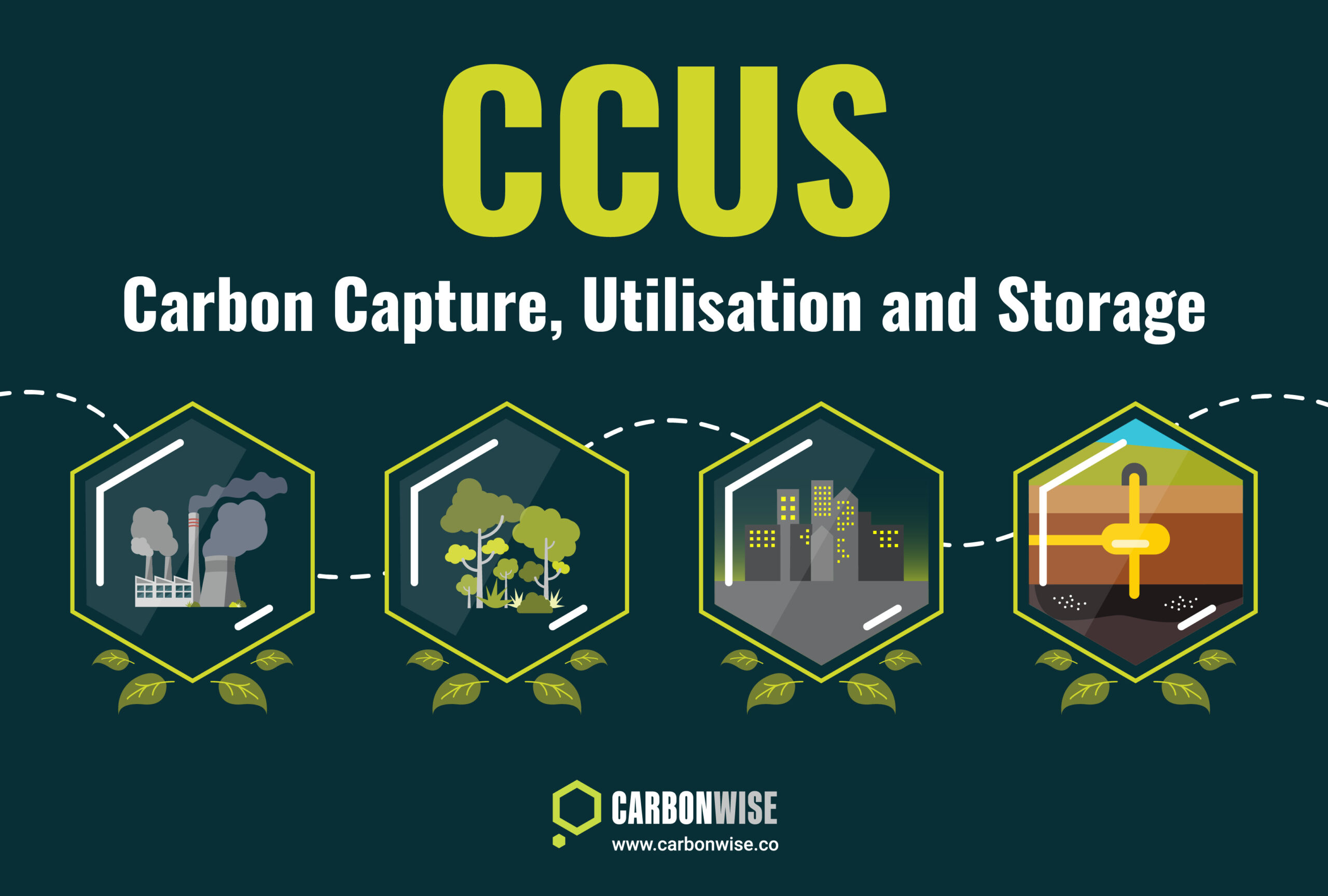Some important news for carbon markets came this month in the form of the European Commission’s proposal for an amendment to its climate law for 2040.
On July 2nd, the EC proposed that the EU reduce its greenhouse gas emissions by 90% below 1990 levels by 2040, going far beyond the existing target of a 55% cut by 2030. This makes sense, as the bloc has committed to reaching net zero emissions by 2050, so the 2040 target is seen as an important interim goal to keep the region’s emissions on track to reach that longer-term goal.
What does this latest EU climate target mean for carbon markets?
Well, it matters, not just for the legally binding carbon markets like the EU Emissions Trading System (EU ETS), but also the market for carbon credits.
Compliance markets: the EC’s proposed amendment includes flexibilities that will allow the use of carbon credits from domestic permanent carbon removals projects in the EU ETS. This means some projects that directly remove CO2 from the atmosphere, such as nature-based solutions, or technology-based carbon capture projects, can generate credits that regulated companies can use to meet their annual obligations under the EU ETS.
Impact: This is likely to help kick-start a domestic market for high-quality permanent carbon removals across Europe while at the same time providing a degree of flexibility for sectors whose CO2 emissions are regulated by the EU ETS, such as power plants, factories and industrial facilities.
Carbon credit market: The EC’s legislative changes also allow for the use of international carbon credits to meet the EU 2040 target. From 2036, high-quality carbon credits will be allowed to play a “limited role” in achieving the 2040 goal, the EC said. However, this use of carbon credits would not be extended to the EU ETS, rather to EU member states only.
Impact: This is likely to create additional demand for carbon credits from high-integrity projects around the world.
The new proposals also allow for greater flexibility to meet the climate goals across the EU economy. For example, a Member State that is struggling to reduce emissions in one sector can compensate by overachieving its targets in a different sector.
The EC’s proposed amendment to the 2040 climate law also seeks to achieve several broader strategic goals:
1. Ensure environmental policy predictability and stability
2. Boost innovation in new low-carbon technologies
3. Drive economic growth
4. Create new jobs
5. Strengthen the EU’s resilience to the impacts of climate change
6. Increase the EU’s energy independence
Next steps
Being the executive arm of the European Union, the EC has the power to propose new legislation. The new 2040 goal still needs the approval of the EU Parliament and Member States before it can become law, so some aspects of the proposals could change as that process unfolds. But it does provide a clear signal of the EU’s intent in respect of its long-term climate ambitions.
The EC has said it consulted widely with Member States, the Parliament, civil society and other stakeholders in its planning work for the proposed legislation, and this provides a strong basis for it to pass into law with the main elements largely intact.
That said, some European industrial groups and workers’ unions have already flagged up their concerns about the amended 2040 target, saying the policy frameworks need to be considered carefully to avoid further deindustrialisation and job losses in the EU.
If those concerns grow louder, there could be increased pressure on policymakers to row back on some aspects of the EU’s amended 2040 climate law or to make changes that better protect industry and jobs.
This latest development can also be taken as another sign of the ongoing convergence between legally binding carbon markets and the market for project-based carbon credits. The inclusion of carbon credits in the compliance carbon markets can help increase flexibility and reduce compliance costs for regulated industries, as well as create new demand for project-based credits around the world.
In a surprise move, the European Parliament has appointed a rapporteur for the legislative process from the climate-sceptic far-right Patriots for Europe bloc of parties in the Parliament, instead of the expected centre-right European People’s Party. The appointment has raised concerns that the 2040 proposal may be watered down.








